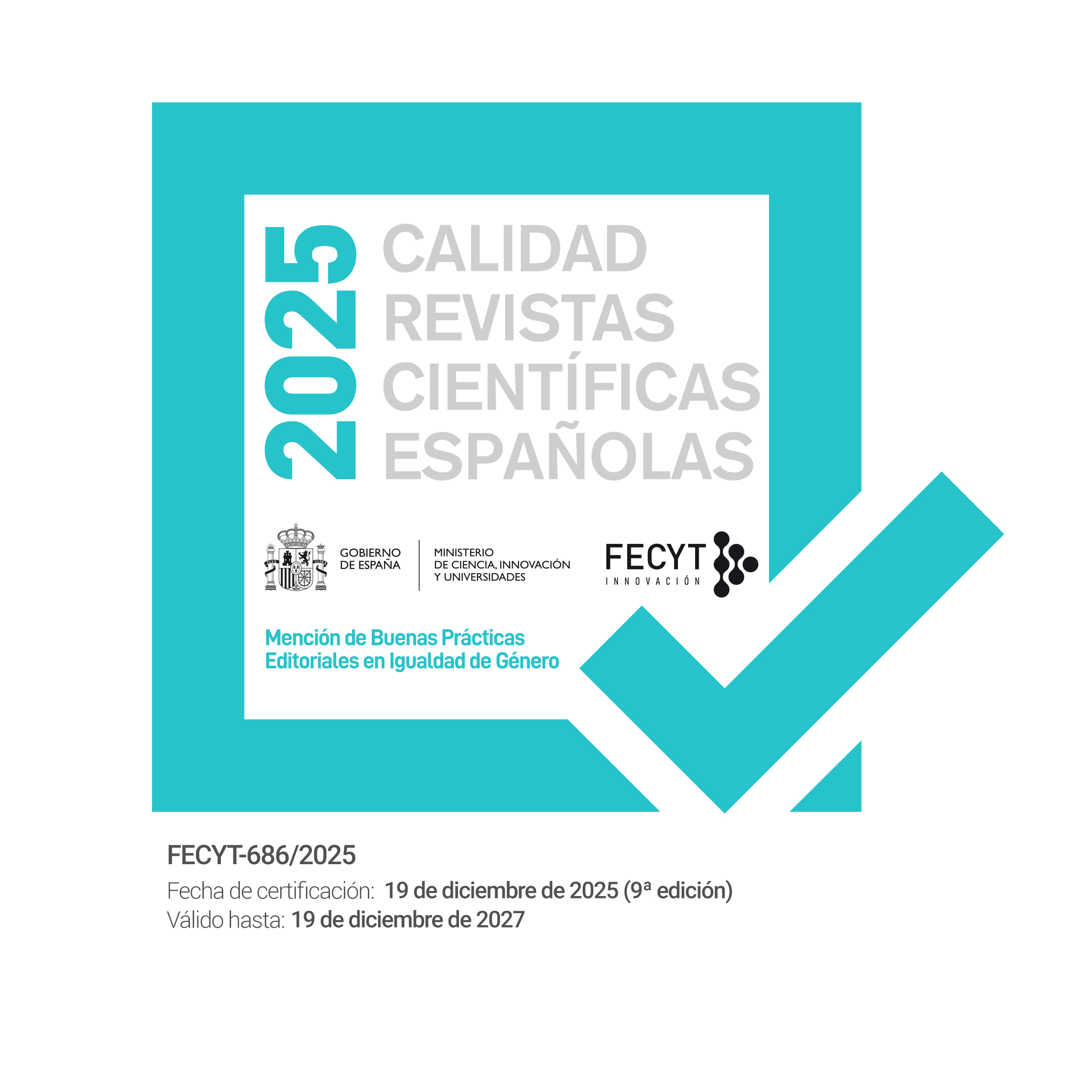Competition among arbitrary and non-arbitrary relationships in the paradigm equivalence –equivalence
DOI:
https://doi.org/10.55414/wbq6he22Keywords:
equivalence-equivalence paradigm, similarity, competition, equivalence classes, conditional discriminations, adultsAbstract
Two experiments were carried out in order to evaluate the competition between different response criteria following the equivalence-equivalence paradigm. The two response criteria that were presented were to respond basing on the equivalence-equivalence relationship among the stimuli and to respond according to the physical similarity among the sample and one of the comparisons. In the first experiment it was hoped competition among the two criteria, allowing this way to evaluate the preference of the subjects and to verify if the election of one criterion implies or not to ignore the other one. In the second experiment, they were manipulated the conditions of training and evaluation expressly with the objective of checking what kind of influence may have the training in reflexivity and the equivalence evaluation in the election of the subjects. Subjects showed preference for the option of similarity in general (80% and 75% in each experiment).
Downloads
References
.
Downloads
Published
Issue
Section
License
Copyright (c) 2022 APUNTES DE PSICOLOGÍA

This work is licensed under a Creative Commons Attribution-NonCommercial-NoDerivatives 4.0 International License.



























